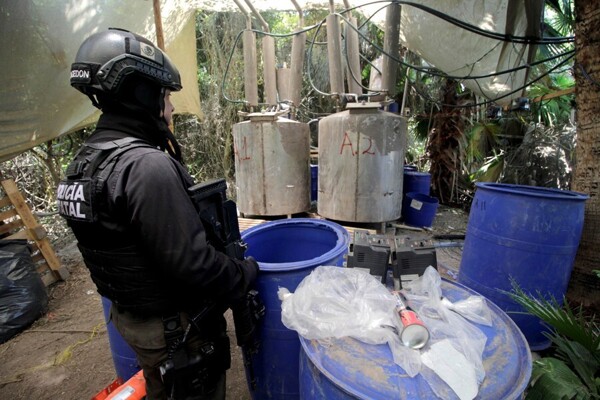
The National Institute of Transparency, Access to Information, and Protection of Personal Data (INAI) has been working together with society in designing a new model of institutional openness in Mexico. This model focuses on promoting proactive transparency and effective participation by state institutions, recognizing that these two elements are fundamental to establishing a solid connection with society.
Proactive transparency implies that institutions not only fulfill their legal obligations of transparency and access to information but also publish public interest information in advance and in an accessible manner without the need for citizens to request it. To achieve this, it is necessary to implement mechanisms that facilitate interaction between the government and society, ensuring that the opinions and needs of the population are reflected in public management.
The purpose of this new approach is to reinforce the openness of public institutions individually, to collectively consolidate a true open state. It seeks to surpass the open government model based on tripartite alliances that has been implemented in Mexico for over a decade.
Although the Open Government Alliance at the national level has ceased to operate for several years, the concept of open government has not completely disappeared from the new institutional and legal design regarding transparency that is under construction. The effective participation of citizens in the formulation, implementation, and evaluation of public policies remains a key objective.
The extinction of transparency guarantee bodies in Mexico will have repercussions beyond access to information and the protection of personal data. An improvement in the quality and utility of governmental information is expected, favoring informed decision-making and social control. Although the application of the open government model showed signs of wear, the opportunity to create a new strategy that responds to current challenges is seen as a step forward toward a more participative and robust democracy.












